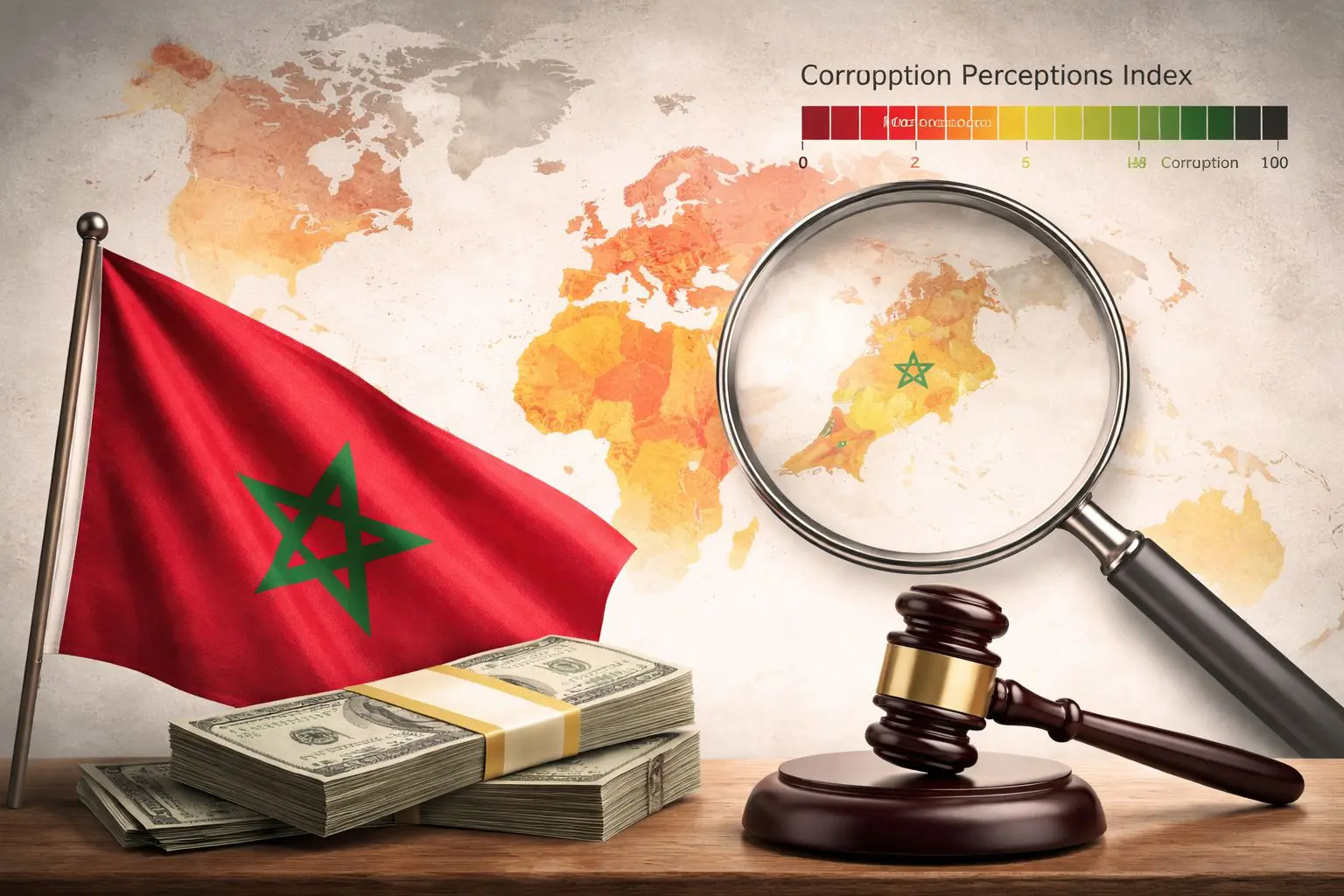BRUSSELS — Few investment disputes have garnered as much global attention as the case of the Micula brothers, two Romanian investors based in Sweden, who embarked on a decades-long legal battle against Romania. What began as an effort to enforce their rights under a bilateral treaty has spiralled into a legal odyssey, raising profound questions about the European Union’s handling of international arbitration and its respect for investor protections.
The dispute, formally known as Micula and Others v. Romania, traces back to 1998, when Ioan and Viorel Micula invested in Romania under the Sweden-Romania Bilateral Investment Treaty (BIT). The treaty was designed to promote economic development in rural areas, offering incentives to foreign investors. But in 2004, as Romania prepared to join the European Union, it abruptly terminated these incentives to comply with EU state aid rules. This decision not only breached the BIT but also left the Miculas facing significant financial losses.
What followed was a 20-year battle for restitution that would pit the principles of international law against the European Union’s increasingly assertive stance on its jurisdiction over investor-state disputes.
A Battle Between International and European Law
In 2013, an arbitration tribunal under the World Bank’s ICSID Convention ruled in favor of the Miculas, awarding them significant damages for Romania’s treaty violations. Yet the European Commission intervened, declaring the compensation unlawful under EU state aid rules.
Despite the Commission’s objections, courts in the United Kingdom sided with the Miculas, affirming their right to the compensation in 2020. This ruling triggered further tensions between the EU and the UK, with the Commission suing Britain in 2024 for allegedly breaching the Brexit Withdrawal Agreement by allowing the compensation to proceed. How Britain will respond remains an open question, especially amid its fraught political relationship with the European Court of Justice.
A Controversial Turn: The General Court’s 2024 Ruling
On October 2, 2024, the EU General Court escalated the stakes by ordering the Micula brothers to repay the €400 million awarded to them. In a striking and controversial move, the court also declared the brothers personally liable for recovering the funds.
This decision represents uncharted legal territory. By retroactively applying EU state aid rules to an international arbitration award, the European Commission sought to reinterpret the ICSID Tribunal’s findings. In doing so, it expanded the notion of “state aid” to hold not only the Miculas but also five affiliated companies—none of which received the disputed compensation—liable for repayment.
Perhaps most alarming, the ruling opens the door for Romania to seize the personal assets of the Micula brothers, including property and pensions. Critics have labeled this as an unprecedented breach of legal norms, effectively “piercing the corporate veil” that shields individuals from liabilities incurred by their businesses.
Limited Liability Under Threat
The implications of the ruling extend far beyond the Miculas. Under Romanian law, as defined by Law No. 31/1990, corporate entities and their shareholders enjoy clear protections under the principle of limited liability. This legal framework, common across EU member states, ensures that shareholders are not personally responsible for corporate debts except under extraordinary and narrowly defined circumstances.
The European Commission’s decision, however, circumvents these protections. By retroactively assigning personal liability to the Miculas, the ruling undermines established principles of corporate law and raises questions about the consistency of EU legal standards.
“This decision sets a dangerous precedent,” said one legal expert familiar with the case. “If the European Commission can hold individuals personally liable in this way, it creates a chilling effect on foreign investment across the EU.”
A Chilling Message to Investors
At its core, the Micula case highlights the tension between the EU’s internal legal order and the broader framework of international arbitration. By disregarding the ICSID Tribunal’s clear legal basis for the damages award, critics argue, the EU is penalizing investors for exercising their right to seek legal recourse.
The implications are profound. For decades, international arbitration mechanisms have provided investors with a sense of security, offering an impartial forum for resolving disputes with states. But the EU’s handling of the Micula case has cast doubt on the reliability of these protections within its borders.
“This decision erodes trust in the EU as a safe destination for foreign investment,” said an analyst from a leading global law firm. “It signals to investors that their rights can be retroactively invalidated in pursuit of political objectives.”
Awaiting the Next Chapter
The Micula brothers are not backing down. They will file to appeal the ruling, however a judgment could take at least a year. This case is likely to remain a touchstone for debates about the intersection of EU law and international arbitration for some time to come, and its outcome will reverberate far beyond the Miculas, shaping the future of investor protections in Europe and beyond.







